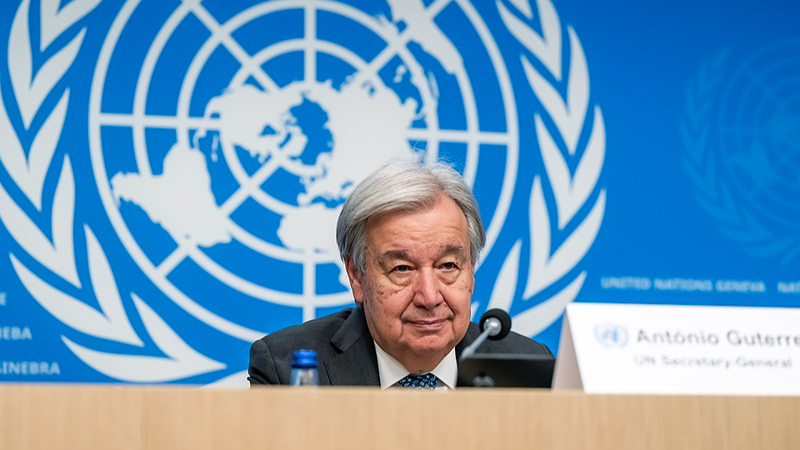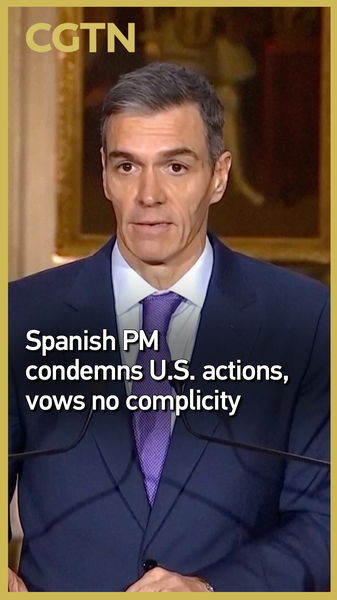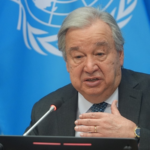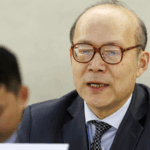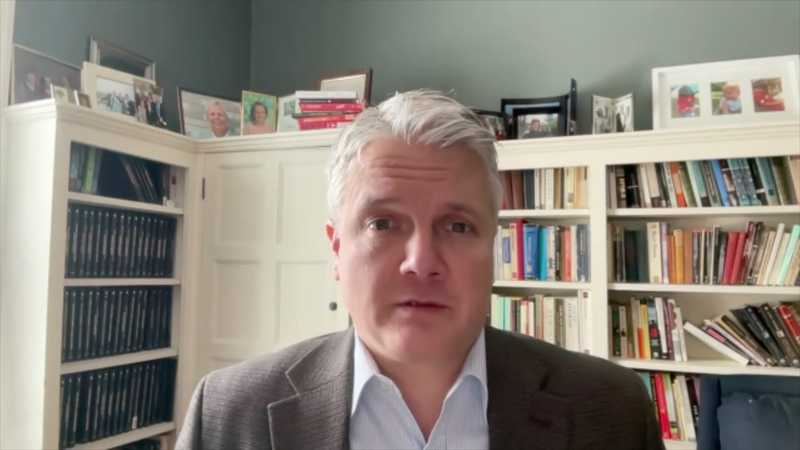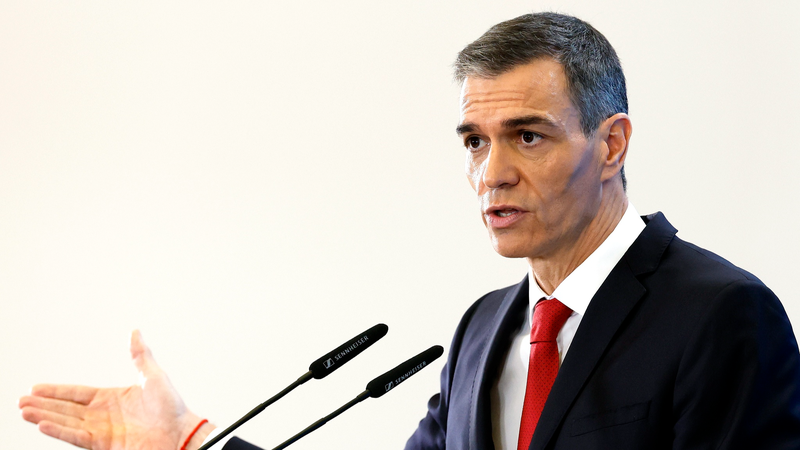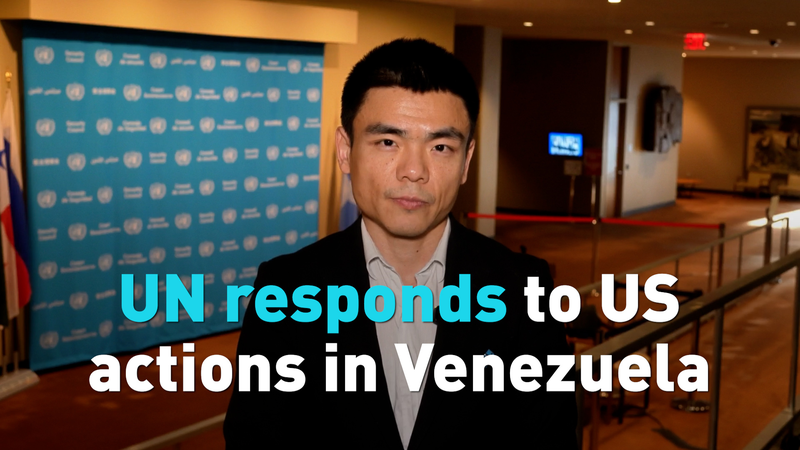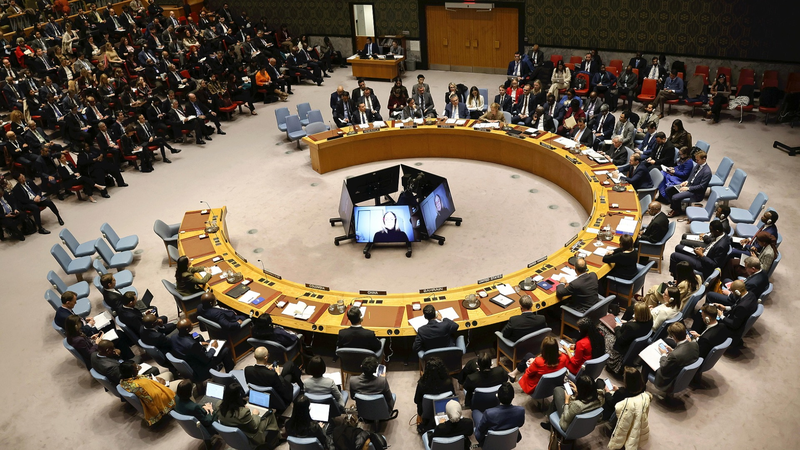UN Secretary-General Antonio Guterres issued a stark warning today, condemning U.S. military actions in Venezuela as a threat to global stability. The statement, released on Saturday, January 3, 2026, called the strikes a 'dangerous precedent' that risks escalating tensions across Latin America. 💥
Why It Matters Now
Guterres emphasized that violating international law—including the UN Charter—to address Venezuela's domestic challenges sets a risky blueprint for future conflicts. 🌐 The UN chief urged all parties to prioritize dialogue over force, stressing that 'political solutions, not missiles, build lasting peace.'
Regional Stability at Risk
With Venezuela already grappling with economic and political crises, the UN warns that foreign military interventions could further destabilize the region. Analysts fear a ripple effect impacting neighboring countries like Colombia and Brazil. 📉
What’s Next?
Guterres doubled down on calls for inclusive talks, human rights protections, and adherence to legal norms. Meanwhile, global leaders are split, with some backing the U.S. stance while others echo the UN's concerns. 🤝⚖️
Reference(s):
UN chief: U.S. strikes in Venezuela set a 'dangerous precedent'
cgtn.com
